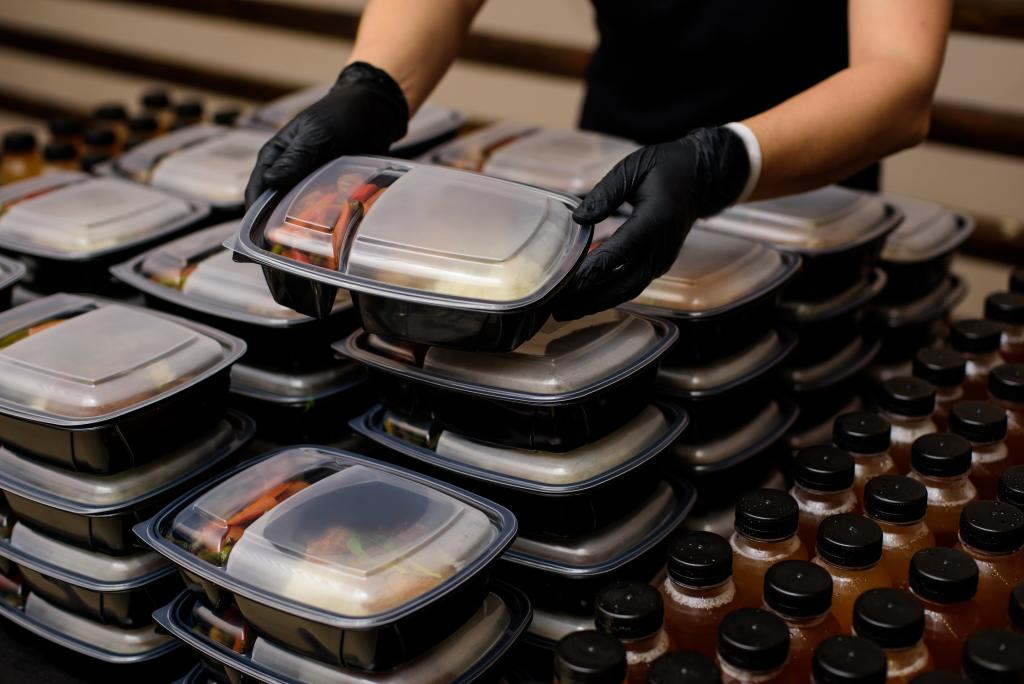
The newly elected Labour government has launched a major crackdown on illegal working practices, focusing on industries known for employing undocumented workers, such as hospitality, agriculture, and food delivery. Recent enforcement actions have led to significant fines for employers, highlighting the serious consequences of non-compliance.
Last month, Home Secretary, Yvette Cooper stated that she aims to achieve the highest number of removals of people without the right to stay in the UK since 2018. She also announced a new “intelligence-driven” plan to target businesses that hire people illegally.
A Government press release confirmed that “during an intensive week of action from Sunday 18 to Saturday 24 August, Immigration Enforcement teams carried out targeted visits to rogue businesses suspected of employing illegal workers”. Over the course of the operation, they targeted 275 premises. Of these, 135 received notices for employing illegal workers. In addition, 85 illegal workers were detained. The maximum civil penalty for employing illegal workers is up to £45,000 per worker for a first offence and up to £60,000 per worker for repeat violations. This is the reality facing some businesses in the Southwest, such as the Rajpoot Indian Restaurant in Devon, England, which now faces a penalty of £80,000.
In many instances, illegal workers endure poor living conditions at their workplaces, earn wages significantly below the UK national minimum, and work longer hours than legally permitted. These workers may have entered the UK illegally, overstayed their visas, or been trafficked, making them vulnerable to exploitation. The low wages they receive enable their employers to unfairly undercut businesses that comply with the law. In some instances, where the Home Office found evidence of labour exploitation, Gangmasters and Labour Abuse Authority investigations have been instigated.
Legal routes for hiring migrants in the food and drink sector
Skilled workers play a critical role in the food and drink sector, driving innovation, quality, and productivity. This sector, one of the largest in the UK, heavily relies on a diverse range of skills—from farmers and seasonal workers to chefs and food technologists. The success and sustainability of the industry depend significantly on the availability and retention of these skilled professionals.
Unfortunately, the abuse of the system by unscrupulous employers, and the resultant crackdowns, can also lead to apprehension amongst businesses who are employing workers legally, and who want to abide by the relevant regulations. There are strict requirements for sponsoring employers around recruiting migrant workers, monitoring and reporting as well as conducting Right to Work checks. Even with the best intentions, it is possible for an organisation to inadvertently be in breach of the rules. At Stephens Scown, we can assist businesses to navigate the complex rules around skilled immigration and ensure that your business is complying with your sponsor duties and staying on the right side of the law.
The food and drink sector is currently facing significant labour shortages, particularly in roles that require specialized skills. This shortage is exacerbated by factors such as Brexit, which has reduced the number of available workers from the EU, and the ongoing impact of the COVID-19 pandemic. The lack of skilled workers can lead to reduced productivity, higher operational costs, and even the closure of businesses that are unable to fill key positions. There are many ways to address this issue, such as through training or apprenticeships; but making use of legitimate immigration routes is also critical for many businesses in ensuring future growth and stability.
While the crackdown targets rogue businesses, the food and drink sector, a vital part of the UK economy, faces a unique challenge. The sector already grapples with labour shortages and seasonal work patterns, making skilled migrant workers essential for maintaining productivity. Legitimate businesses, concerned about the complex immigration regulations, are encouraged to ensure they are fully compliant with the Immigration Rules. At Stephens Scown, we offer expert guidance on navigating these legal pathways to help businesses avoid penalties while addressing workforce shortages through legal immigration channels.
Should you need further guidance and advice on this, please get in touch with our immigration team by phone 0345 450 5558 or by email enquiries@stephens-scown.co.uk.
